About the project
Addiction Performance Project
Dramatic Reading of Long Day's Journey Into Night, by Eugene O'neill
Directed by Bryan Doerries
The Addiction Performance Project presents dramatic readings of Act Three of Eugene O'Neill's Long Day's Journey into Night as a catalyst for town hall discussions about substance abuse and addiction as they affect individuals, families, caregivers, and communities. This unique participatory event is intended to break down the stigma associated with addiction and promote healthy dialogue among diverse communities - public and professional - fostering compassion, cooperation, understanding, and positive action. The Addiction Performance Project was originally developed with support from the National Institute on Drug Abuse.
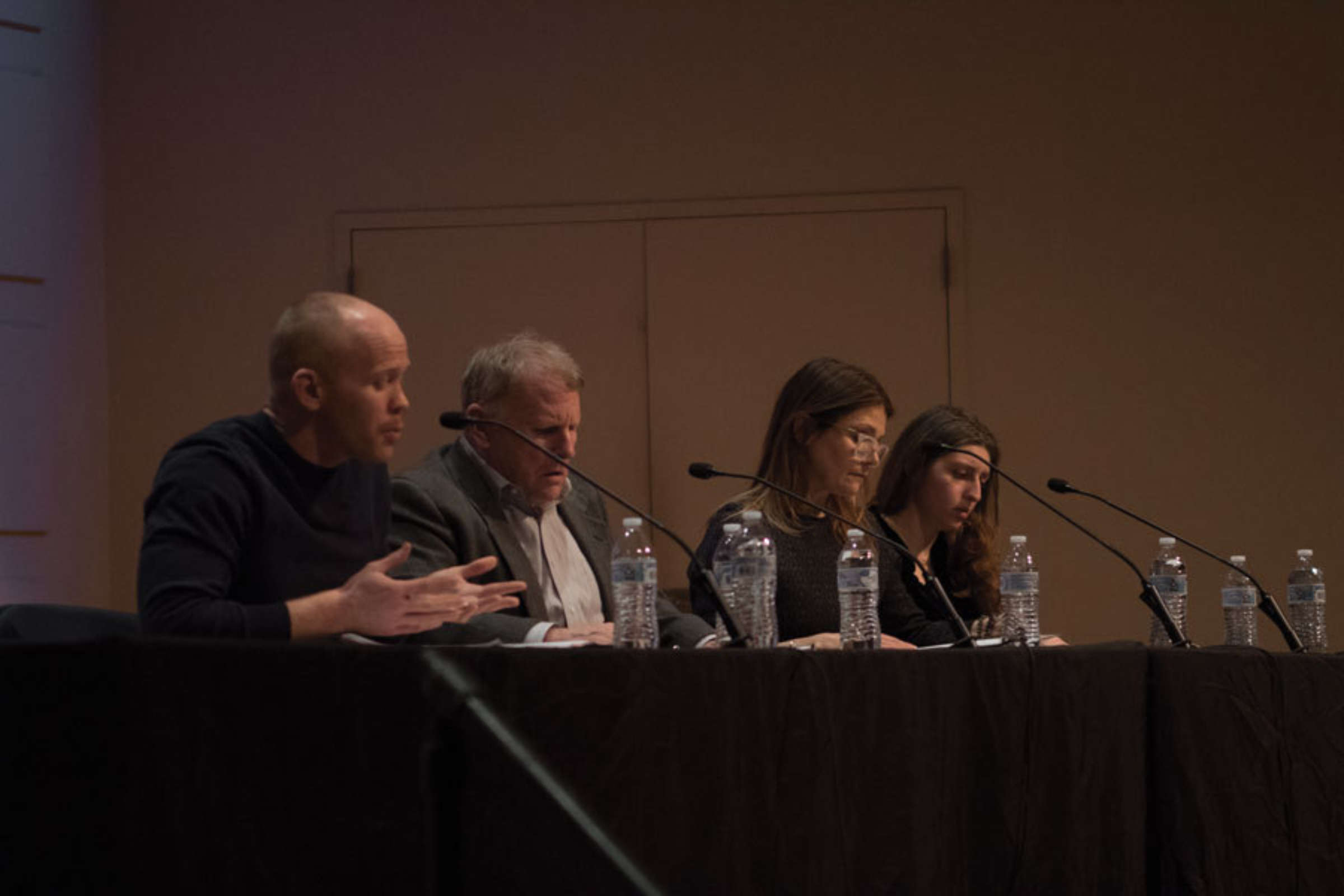
About the play
-
Long Day's Journey Into Night by Eugene O'neill
Eugene O'Neill's Long Day's Journey into Night depicts the struggles of Mary Tyrone, a woman who abuses prescription painkillers and relapses into full-blown morphine addiction. It is also the story of how Mary's addiction rips her family apart, as her morphine use slowly becomes apparent to her husband and two sons, who struggle with alcohol abuse and addiction. It is widely believed that Long Day's Journey into Night is an autobiographical play, and that the troubled characters in it are based on members of O'Neill's own family, including his mother, Ella, who struggled with morphine addiction for most of her life. In his dedication of the play to his wife Carlotta, O'Neill states that it is a "play of old sorrow, written in tears and blood," and that he wrote it "with deep pity and understanding and forgiveness for all the four haunted Tyrones." O'Neill wrote the play for personal reasons, and the Addiction Performance Project present the plays to diverse audiences to elicit personal responses and candid discussion about addiction.
Addiction Performance Project Highlights
National Institute on Drug Abuse (NIDA) Short Documentary
Washington, DC / 2011
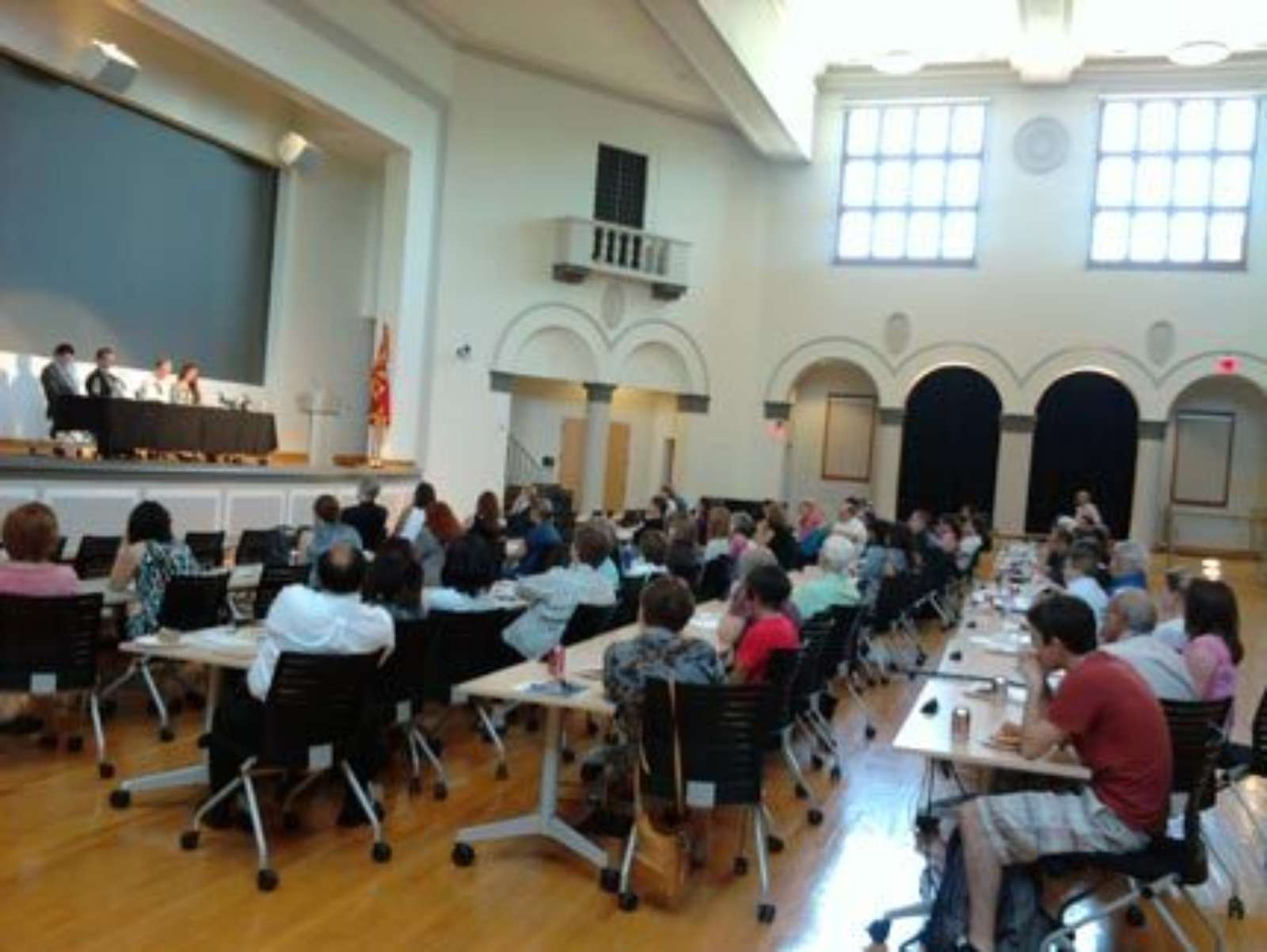
Actors perform for medical students and faculty
University of Arizona College of Medicine, Phoenix, AZ / 2011

Bryan Doerries, Anthony Edwards, Mare Winningham, and Marjolaine Goldsmith perform scenes from Long Day's Journey into Night
Fort Rucker, AL / 2016
Explore Projects
-
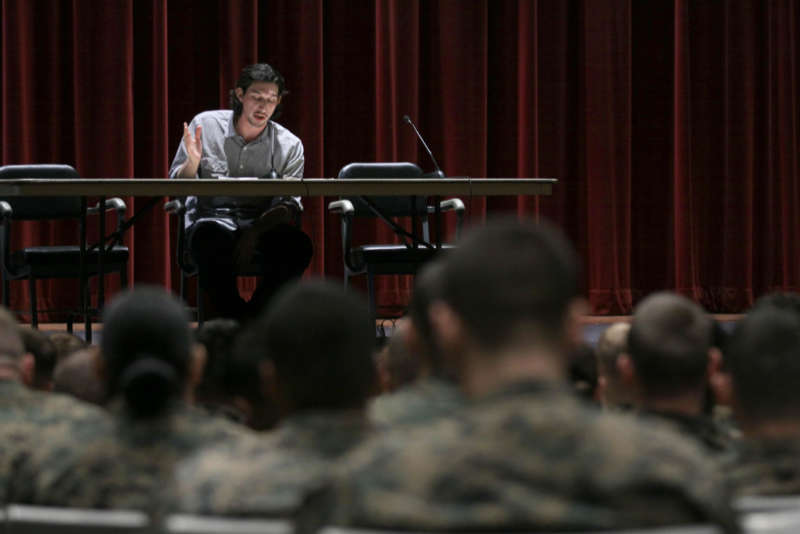 Addiction & Substance AbuseRum and Vodka
Addiction & Substance AbuseRum and VodkaThis project presents a one-man Irish play about a 24-year-old whose life is coming apart, due to drinking, in order to provoke discussions about alcoholism and addiction within diverse communities.
-
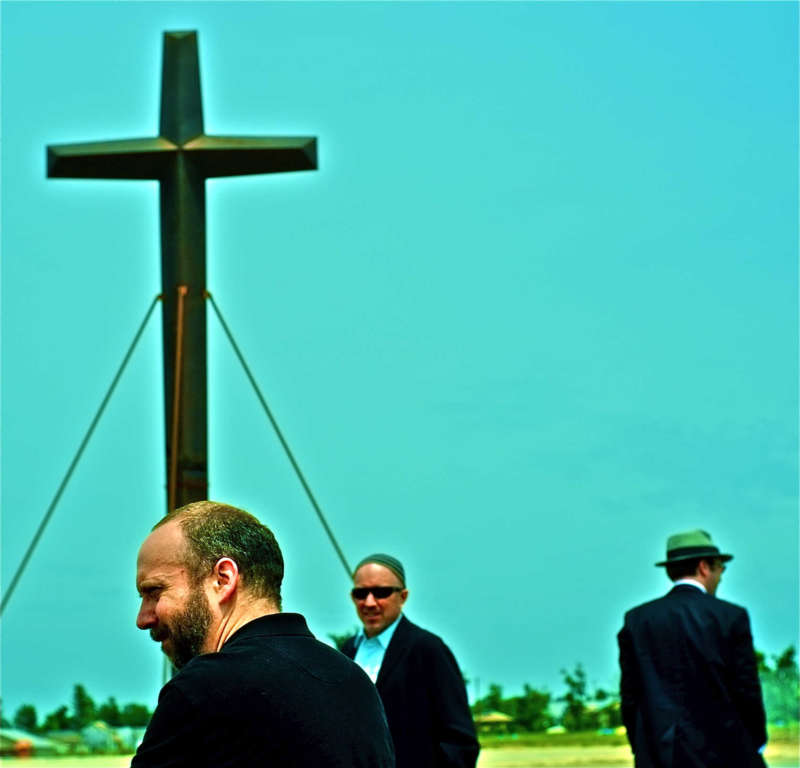 Natural DisasterBook of Job
Natural DisasterBook of JobThe Book of Job Project presents dramatic readings by acclaimed actors of The Book of Job as a catalyst for powerful, guided conversations about the impact of natural and manmade disasters upon individuals, families, and communities.
-
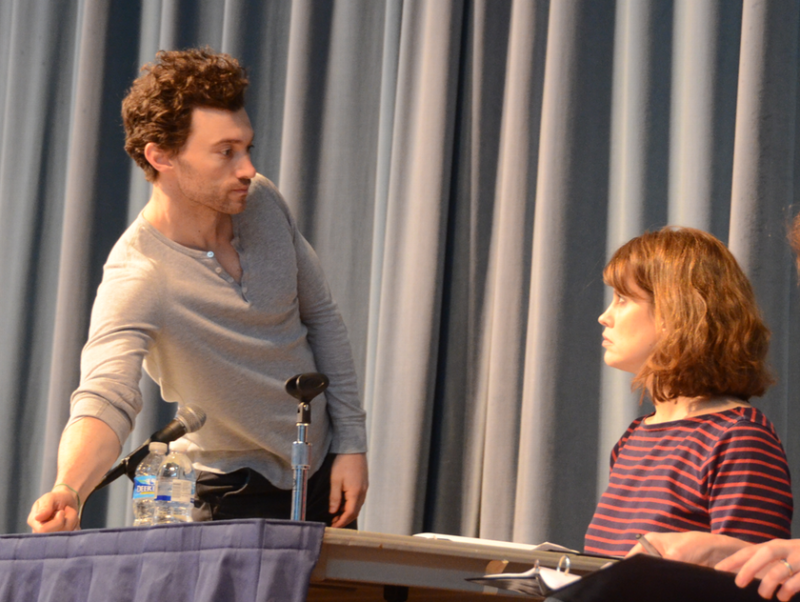 Domestic ViolenceDomestic Violence Project
Domestic ViolenceDomestic Violence ProjectAddressing the impact of domestic violence on individuals, families, and communities, the Domestic Violence Project premiered in Maine in April 2013 and will be touring all five boroughs of New York City under the current PAIR residency.


